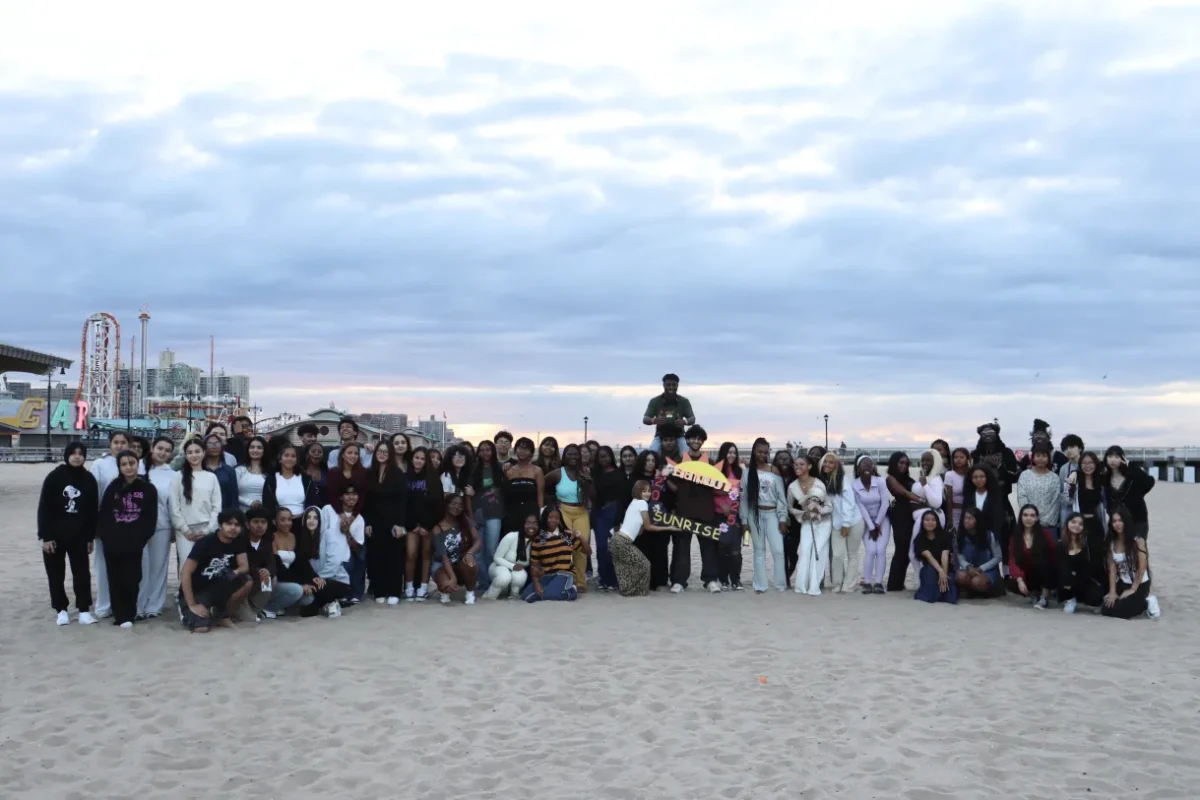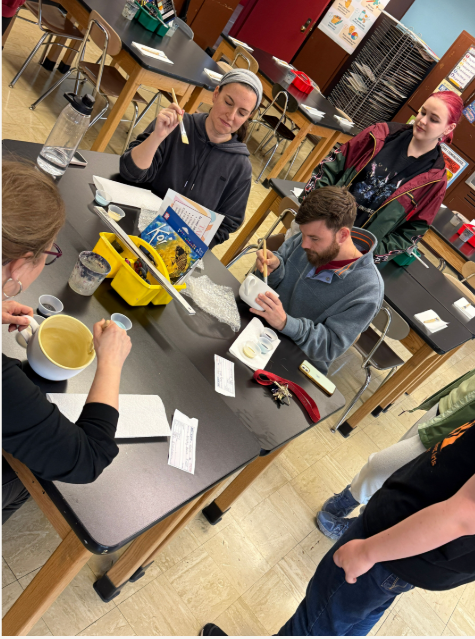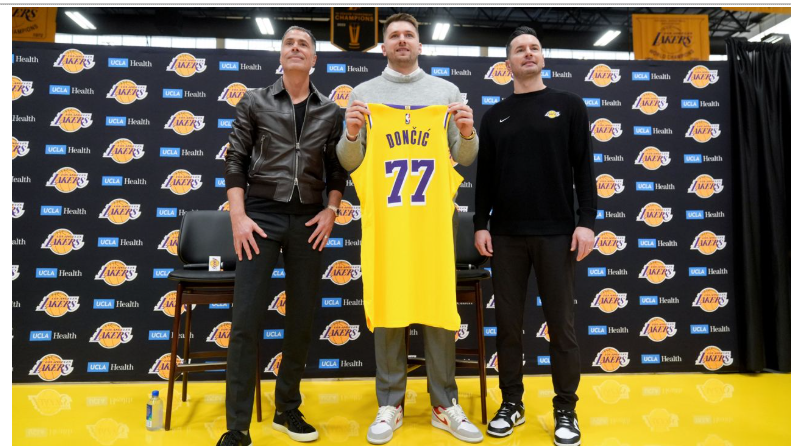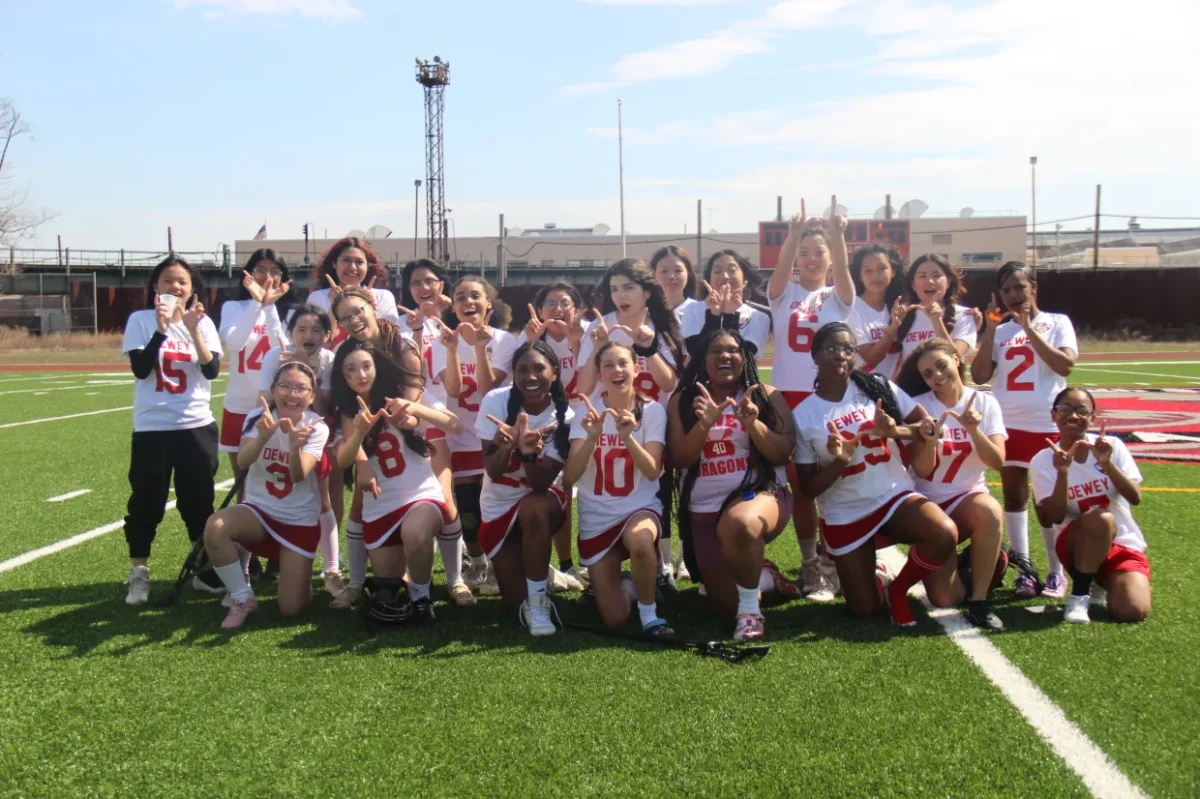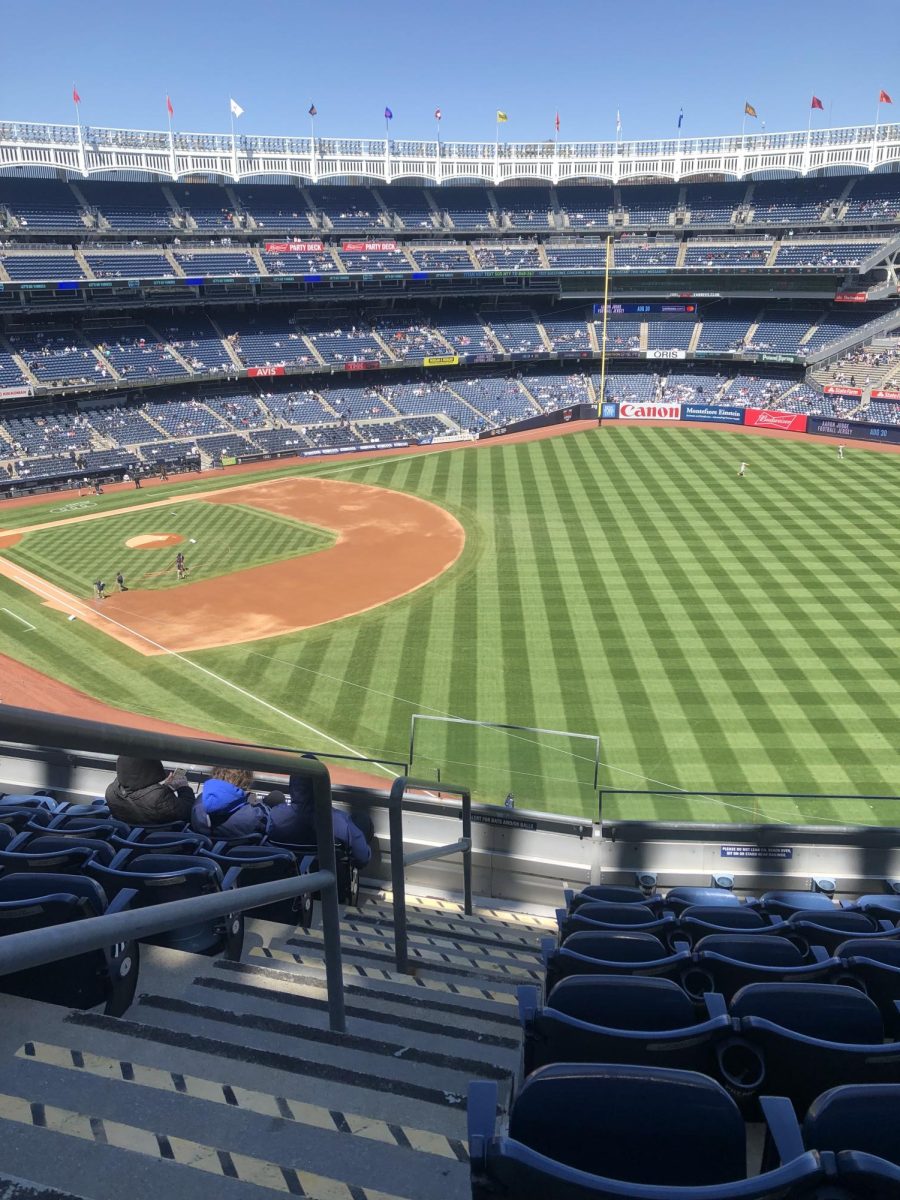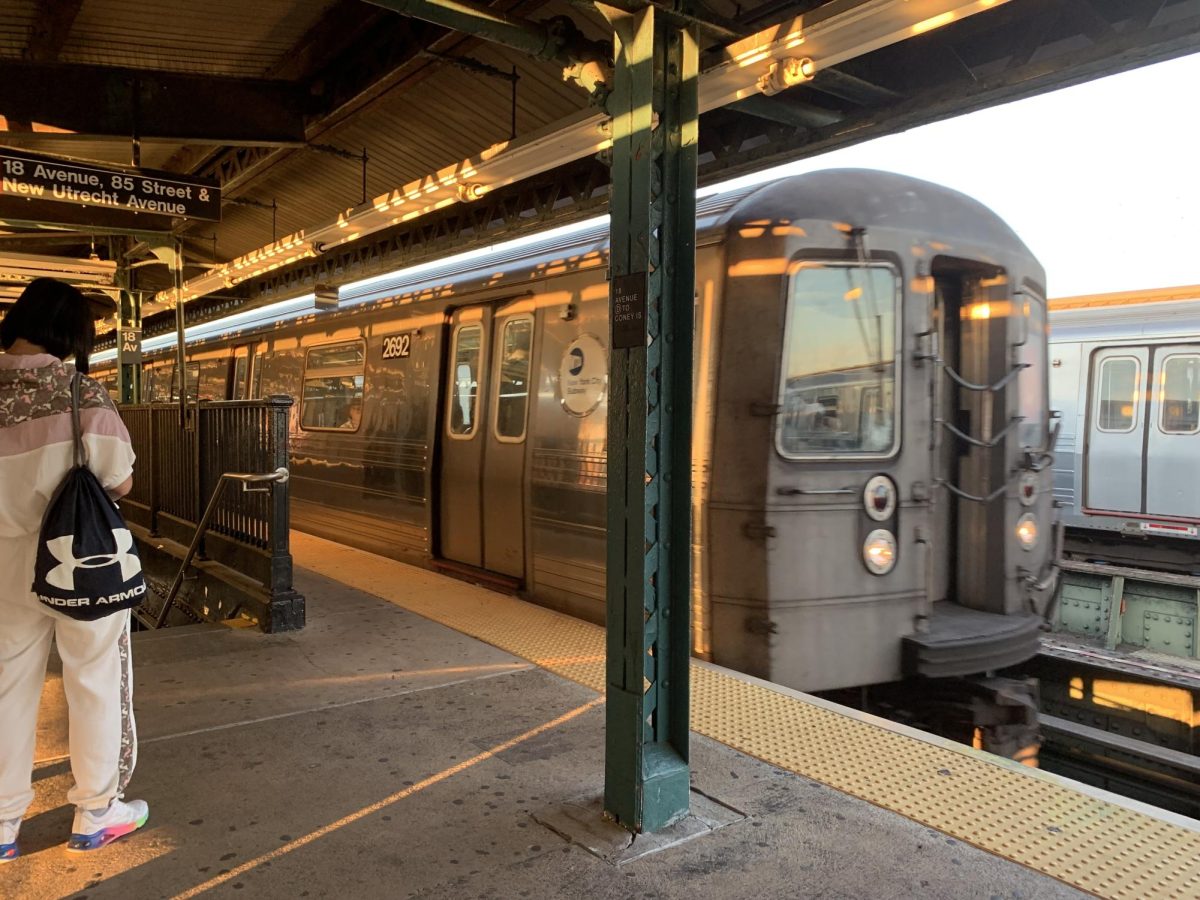The Metropolitan Transportation Authority (MTA) is always a concern for John Dewey High School students for the vital transportation services it provides for their commute to school. The school’s crucial reliance on its offered public transportation however raises a lot of questions to the public eye to the status of the MTA. With many feeling that it has been mismanaged as a service.
With the MTA service being a private corporation run by New York State, many D train riders feel that it has more or less been ruled poorly by out of touch bureaucracy and occasionally has been treated more like a business than a service.
This conception of the MTA is a fairly valid and common opinion expressed by many local commuters of the MTA’s D-train route, John Dewey High School’s only subway route. 2023’s MTA approval ratings report statistically supports this notion with only 49% of D-train commuters being satisfied with the route’s service.
As John Dewey’s history teacher and daily MTA user, Sam Callis puts it, the source of the problem is that “It [MTA] is a private company run by the city government and state government”, with their “conflicting interests”, Callis continued by stating that the state government specifically serves more responsibility in the problem with how “the governor has a lot of say over budgetary concerns” he then provided an example incident with how Andy Byford formerly of the better maintained London transportation service lost a head position in the MTA because he “got into a personal argument with Andrew Cuomo (former New York Governor) and Cuomo showed him the door.” He also further implies that private MTA management is also incompetent, he says how “their budget is gigantic” but they spent very little on public expenses.
High school senior and future train operator, Vladyslav (Vivian) Buchyna doubles down on the critical sentiment of the MTA and builds on it in some way, stating that the MTA’s problems are rooted in hierarchy, explaining bureaucracy in the MTA was inefficient and neglected compared to other countries.
“The governor of the state and also not much of the government . . .” Intervenes with MTA management.
Buchnya continued, “The problem is the fact that people who shouldn’t be controlling the MTA are controlling the MTA . . . if you look at other countries, they tend to be directly funded by the people in terms of taxpayer money and they also tend to be more cleaner because the workers get a lot more obviously and it’s also just the fact the government just helps fund the subway systems, the train networks”.
In other words, unlike America, other first world countries treat public transportation as a higher priority and seek to sustain higher quality management and maintenance to prevent a neglect in the quality and sophistication of citywide & nationwide services.
MTA reports have verified concerns of mismanagement of its current system as in their 2025-2029 Capital Program Scenarios Report, the report introduces itself by expressing that it “is intended to provide stakeholders with the range of choices facing the Authority, and ultimately legislators, riders and toll payers, as the MTA navigates this difficult period”.
Though it should be taken with a grain of salt since the report shows even more evidence for potential mismanagement with how it was primarily concerned with addressing its stakeholders rather than the public transit commuters of New York.
The quality of public transit that connects John Dewey High School with its distant students is only a reflection of the state of the MTA. It is undeniably connected to the current position of the MTA’s city wide issues and the rising societal issues of New York City services. It is an example of bureaucratic imperfections affecting local community issues and boils down to what the people of John Dewey High School have to deal with.





